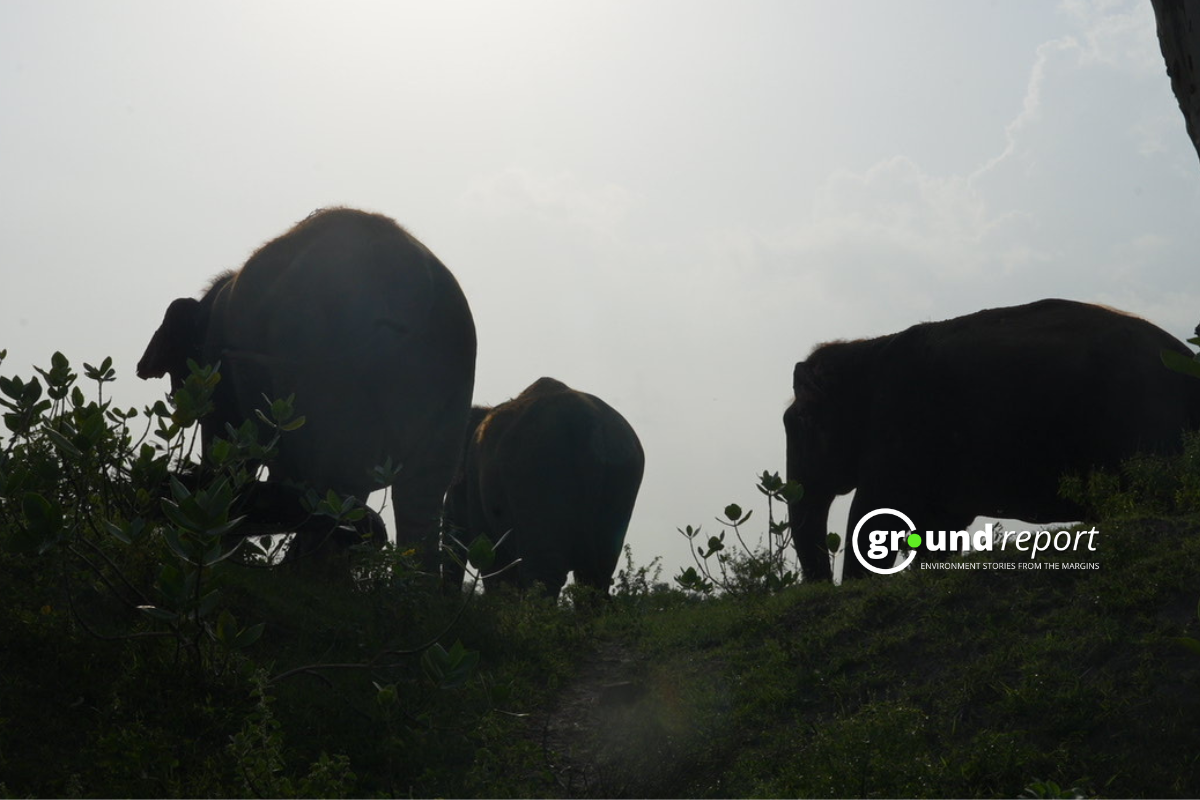Insect populations are significantly influenced by weather anomalies, with numbers decreasing during unfavourable conditions and spiking in normal periods, according to a new study published in Nature. The study attempts to resolve the ongoing debate about whether insect populations are declining.
Insect biomass rebounded in 2022
Jörg Müller from the University of Würzburg Biocenter in Germany, one of the study’s authors, stated that their results reconcile contrasting findings on biomass, species extinction, and other aspects. A previous study had reported a more than 75% drop in insect biomass in Germany’s protected areas between 1989 and 2016. However, Müller noticed an increase in insect biomass in 2022.
To verify this observation, Müller and his team conducted tests to determine if the insect biomass had indeed risen in Germany across various open habitats, including meadows and arable fields, in 2016, 2019, 2020, and 2022. They found that the biomass was almost as high on average as the maximum values from the previous study.
The researchers suspected that climate change played a role in the decline. Other factors such as habitat loss and urbanization, pollution from synthetic pesticides and fertilizers, and biological factors like pathogens and introduced species have also been linked to the decline.
Their analysis showed that the increase between 2016 and 2022 corresponds to changes in weather conditions. The weather in 2022 was consistently favourable for insects, as was the summer of 2021. This explains the high insect biomass observed in 2022.
Unsuitable post-2005 weather-affected insects
The researchers also analyzed the study that reported a more than 75% decline in insect biomass between 1989 and 2016. They found that post-2005 weather influences were not suitable for insects. For example, winters were too warm and dry while springs or summers were sometimes too cold and wet.
Temperatures and precipitation affect insect populations at various stages of their life cycle. For instance, insects’ survival depends on winter conditions and the last weather conditions such as spring or summer.
Annette Menzel, professor of ecoclimatology at the Technical University of Munich, emphasized that climate change is already a major driver of the decline of insect populations. This needs to be considered more in science and conservation practice.
The decline in insect biomass has implications across the food chain. Birds feeding on insects strongly felt the pinch. The decline also accompanied a corresponding drop in bird abundance between 2005 and 2019.
Muller suggested that future studies should test out this hypothesis with new approaches using modeling, experiments, and well-selected field studies.
Keep Reading
Part 1: Cloudburst in Ganderbal’s Padabal village & unfulfilled promises
India braces for intense 2024 monsoon amid recent deadly weather trends
Support us to keep independent environmental journalism alive in India.
Follow Ground Report on X, Instagram and Facebook for environmental and underreported stories from the margins. Give us feedback on our email id greport2018@gmail.com.
Don’t forget to Subscribe to our weekly newsletter, Join our community on WhatsApp, and Follow our YouTube Channel for video stories.









